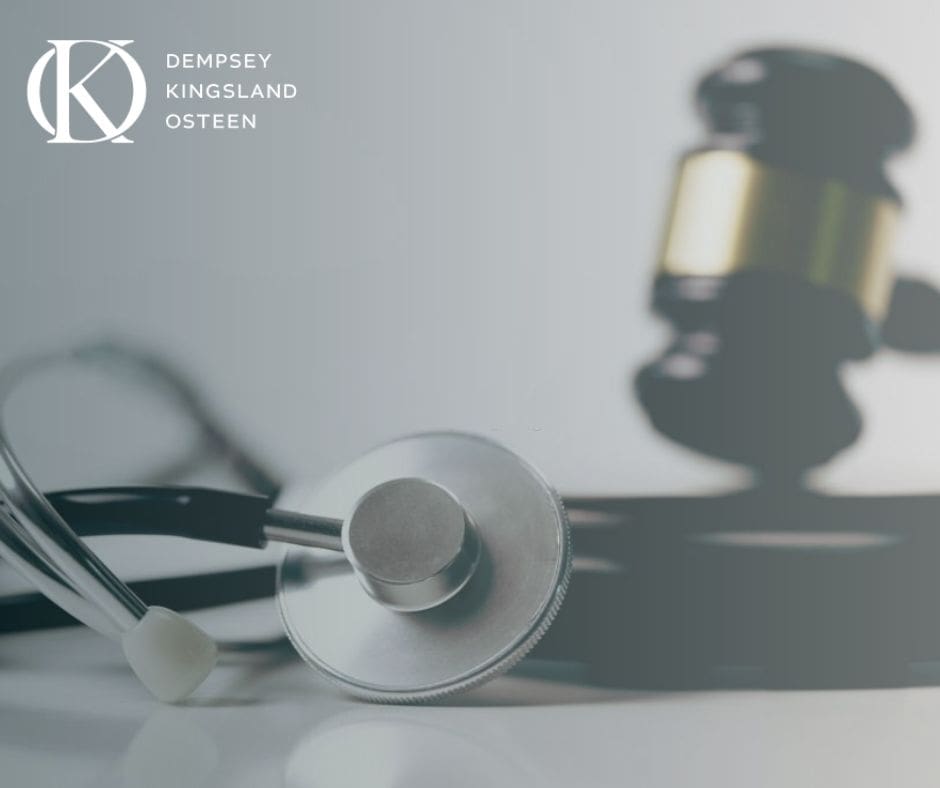
Medication errors are estimated to account for 78% of all medical errors in ICUs.
The intensive care unit is generally more prone to errors, given the dynamic fast-paced environment. Specifically, the ICU has the most critically ill patients requiring frequent, ongoing, and evolving care. Not only are medication errors more frequent in the ICU, but they are also more likely to cause severe injury and harm because these are the most fragile and medically challenged patients. In other words, ICU patients are less likely to overcome a medication error without severe adverse consequences.
If you or a loved one is the victim of a suspected medication error while in the ICU, contact one of our experienced attorneys to learn about your legal rights and options.
When Do Medication Errors Occur in the ICU?
Much like any other unit, medication errors in the ICU can happen at any point in the patient’s care, from the very first prescription order to post-admission monitoring. Often, medication errors arise during the following steps:
- Prescribing,
- Ordering,
- Recording and documenting,
- Transcribing,
- Dispensing,
- Administering, or
- Monitoring.
These errors frequently happen when information about a patient is being communicated from one person to another. Other common types of medication errors include:
- Administering at the wrong time,
- Administering the incorrect drug or dose,
- Administering via the incorrect method (e.g., oral vs. IV).
No matter when the medication error happens, it can have catastrophic consequences to the patient, including severe, permanent injury or even death.
Specific Challenges in the ICU Setting
Different studies attribute different factors to the high rate of medication errors in the ICU. The patients in the ICU are almost always critically ill, and many are elderly or have comorbidities that can make them more susceptible to serious harm if they are the victim of a medication error.
ICU patients often require several interventions simultaneously. For example, not only are these patients often on multiple medications at once, but they are also on a ventilator or require frequent surgical procedures. The medications themselves that are administered in the ICU tend to be strong, potent, high-dose narcotics that pose their own risk of adverse effects. This, coupled with all other necessary medical interventions and provider error, could be catastrophic to an already medically compromised patient.
Causes of Medication Errors
Medication errors in the ICU can occur at almost any stage and can be caused by several factors. Most commonly, a provider’s failure to do something they should have is the cause. The most common causes of medication errors include:
- Inaccurate patient information,
- Failure to obtain patient allergy history,
- Inaccurate transcription,
- Incorrect order,
- Ineligible writing,
- Failure to record and document information,
- Errors in tracking the medication orders,
- Poor communication among providers, and
- Failure to observe adverse events.
Many people consider the emergency room overcrowded and understaffed, but many ICUs are the same. Provider distraction is a significant contributing factor to medication errors.
Was the Medication or ICU Error Medical Malpractice?
In the ICU, as with other medical settings, doctors, nurses, and other healthcare providers must perform their jobs within reasonably accepted standards of care. Physicians and other medical providers are human; not every mistake or error will lead to medical malpractice. However, if the doctor deviates from the accepted standard of care in their field and the patient is harmed, they may be financially liable for their conduct.
ICU errors can be particularly challenging because the care is so complex. You must be able to show the patient’s injury or death was caused by the doctor’s negligence and not just the serious illness or condition that brought them into the ICU in the first place.
This is where you can benefit from the assistance of a highly skilled medical malpractice attorney. Your attorney will utilize investigators, medical experts, and subpoena power to gather the details and evidence surrounding the claim.
What Types of Damages Can You Recover in an ICU Medication Error Case?
Damages from an ICU medication error case can be significant. As in any medical malpractice case, plaintiffs in an ICU medication error case may be eligible to recover the following types of damages through a settlement or award:
- Medical treatment expenses, including anticipated future medical costs;
- Nursing home or long-term care costs;
- Costs associated with diagnosing the injuries (e.g., bloodwork, labs, doctor visits);
- Lost income, including expected future lost earnings;
- The cost of caring for family and expenses for household services that you can no longer provide;
- Loss of enjoyment of life;
- Permanent disability;
- Pain and suffering; and
- Mental anguish.
While you can recover noneconomic damages such as pain and suffering and mental anguish, there is a compensation limit or cap to these damages in Missouri. Specifically, the plaintiffs are limited to recovering $400,000 for non-economic damages in medical malpractice claims.
ICU & Medication Errors Attorney
At Dempsey, Kingsland, & Osteen, P.C., we have dedicated our law practice to helping individuals with the most catastrophic injuries and malpractice claims. As experienced medication error lawyers, we recently recovered a $15.5 million settlement for a medication error case. Cases involving ICU and medication errors can be complex and time-consuming. Let us advocate for you while you focus on your recovery, well-being, and family. Contact us today to schedule a no-cost consultation.


